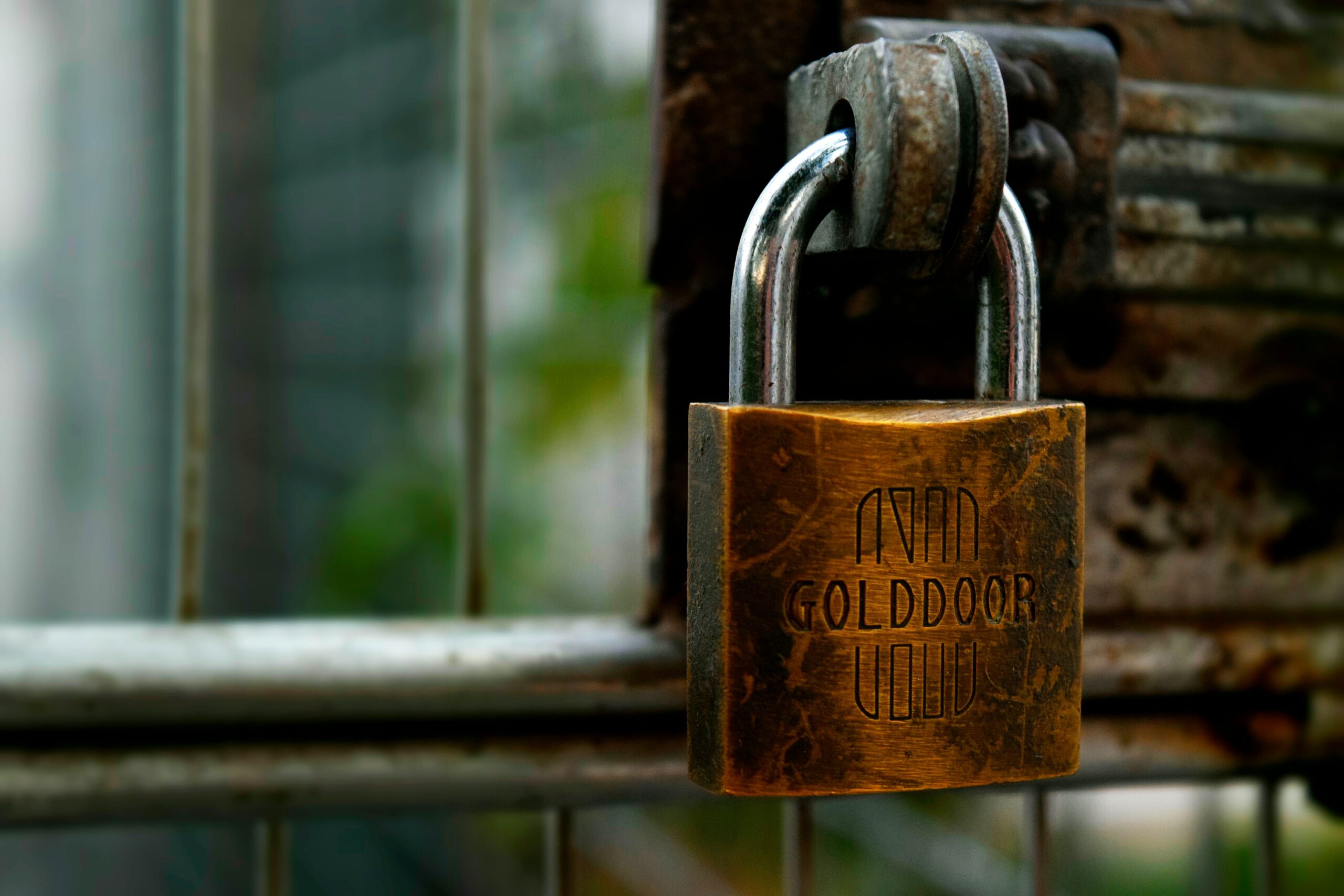Escape rooms are an excellent choice for fun and effective corporate team-building. These immersive experiences offer a unique opportunity for teams to bond and develop important skills in an exciting environment.
Escape rooms provide an engaging way for colleagues to collaborate, communicate, and problem-solve while enjoying a thrilling adventure.
This blog will explore how escape rooms create unforgettable team-building moments that foster unity, boost morale, and enhance workplace dynamics.
Key Takeaways
- Escape Rooms Enhance Team Building Through Puzzles That Require Collaboration, Communication, and Critical Thinking
- Teams That Engage in Escape Room Activities Learn Valuable Skills Like Stress Management and Leadership That Apply Back in the Workplace
- Debriefing After Escape Room Games Solidifies the Learning Experience and Integrates Insights Into Everyday Work Challenges
- Regularly Scheduled Escape Room Sessions and Feedback Collection Can Keep Team Building Efforts Fresh and Impactful
- Individual Performance Is Less Important Than Cultivating an Inclusive Atmosphere and Collective Problem-Solving Approach
Fun and Engagement

Escape rooms provide an exciting mix of entertainment and challenge, capturing everyone’s attention and interest. Unlike traditional team-building exercises, they are designed to be immersive and thrilling, offering a sense of adventure that keeps participants engaged.
The storyline and thematic elements of escape rooms transport participants into another world, whether it’s solving a mystery in a haunted mansion or navigating through a space station. This immersive experience makes team-building feel less like a mandatory activity and more like a fun and exciting game.
The element of fun is crucial in team-building activities as it fosters a positive atmosphere where employees are more likely to participate enthusiastically. When team members are having fun, they are more relaxed and open, which helps break down barriers and encourages genuine interaction. This positive engagement carries over into the workplace, where a happier and more cohesive team can work more effectively together.
Stress Management and Resilience

Escape rooms create a sense of urgency and pressure, requiring teams to solve puzzles within a time limit. This controlled stress environment helps build resilience. Participants learn to manage stress, stay calm under pressure, and think clearly despite the ticking clock.
The skills developed in managing stress and demonstrating resilience in an escape room are directly transferable to the workplace. Employees who can stay composed and focused during high-stress situations are better equipped to handle real-world pressures and deadlines. By regularly participating in such activities, teams can build a collective resilience that helps them navigate challenges more effectively.
Collaboration and Communication

Collaboration and communication are key in escape rooms. Teams must work together to decipher clues and solve puzzles. This constant need for communication encourages sharing information, active listening, and clear articulation of thoughts.
Effective collaboration in escape rooms hinges on good communication. Participants quickly realize that success depends on their ability to convey ideas and strategies to their teammates. This experience reinforces the importance of clear and open communication in achieving objectives, an invaluable lesson in the workplace.
Moreover, escape rooms often require participants to take on different roles based on their strengths and skills. Some may lead the group in strategizing, while others might focus on solving specific puzzles. This division of labor and reliance on each other’s expertise strengthens the team’s collaborative efforts and enhances their ability to work together effectively in a professional setting.
Leadership and Decision-Making

Escape rooms provide a ground for developing leadership and decision-making skills. In the heat of the challenge, natural leaders often emerge, guiding their teammates through the tasks and making crucial decisions on the fly. This environment allows individuals to practice leadership in a practical and supportive setting.
Effective decision-making is another critical skill honed in escape rooms. Participants are frequently faced with choices that require quick thinking and decisive action. The consequences of these decisions are immediate and visible, providing valuable feedback that helps team members refine their decision-making abilities.
Leading and making informed decisions under pressure is essential in any professional setting. By experiencing these dynamics in an escape room, employees can transfer these skills to their daily work, improving their leadership potential and their confidence in making impactful decisions.
Problem-Solving and Critical Thinking

Escape rooms are built around complex puzzles and riddles that require problem-solving and critical thinking. Teams must analyze clues, identify patterns, and devise solutions to progress. This environment stimulates cognitive processes and encourages participants to think creatively and strategically.
Problem-solving in escape rooms often involves trial and error, fostering a mindset that views challenges as opportunities for learning rather than obstacles. This approach to problem-solving can be incredibly beneficial in the workplace, where employees are frequently faced with complex issues that require innovative solutions.
Critical thinking is another vital skill sharpened in escape rooms. Participants must evaluate information, consider various possibilities, and make informed decisions to advance. This analytical thinking process enhances their ability to tackle real-world problems effectively, making them more resourceful and adaptable employees.
Bonding and Trust Building

The shared experience of working towards a common goal in an escape room creates a strong sense of unity and camaraderie among team members. As participants rely on each other’s strengths and support one another through challenges, they build trust and deepen their professional relationships.
Escape rooms provide a unique setting for team bonding, allowing colleagues to see each other in a different light outside the usual work environment. This experience can break down hierarchical barriers and foster a more inclusive and supportive team culture.
Building trust is a crucial outcome of escape room activities. When team members see that they can depend on each other to contribute effectively and collaborate towards a common goal, their trust strengthens. This trust is essential for a cohesive and high-performing team in any professional setting.
Time Management and Prioritization

The time-sensitive nature of escape rooms teaches teams the importance of time management and prioritization. With limited time to complete the challenges, teams must efficiently allocate their resources and prioritize tasks to achieve their goal.
Participants quickly learn that not all tasks are equally important and that prioritizing critical actions is essential for success. This experience helps employees develop better time management skills, which can improve productivity and efficiency in their daily work.
Effective prioritization is another key takeaway from escape room activities. Teams must decide which puzzles to tackle first, how to divide tasks among members, and how to manage their time effectively. These skills directly apply to project management and other professional responsibilities, making employees more adept at handling multiple tasks and deadlines.
Do’s and Don’ts for Escape Room Team Building

Maneuvering the intricacies of an escape room can mirror the complexities of everyday office dynamics.
Just as every puzzle piece in an escape room fits into a larger picture, so do the nuances of effective team building.
As teams brave these cerebral labyrinths, there are key practices to heed and pitfalls to avoid.
Reflecting on the dos and don’ts enhances the immediate experience and fosters skills and relationships that ripple outward into professional settings.
Knowing the ropes can transform a simple group activity into a powerful tool for team synergy and development.
Do’s
When navigating the enigmatic corridors of an escape room, teams must step in with open minds and clear communication lines. Encouraging every participant to voice ideas ensures that diverse solutions are surface, which is crucial for efficiently unraveling the room’s secrets. It’s equally vital to respect all contributions, keep morale high, and foster an inclusive atmosphere where collective intelligence leads to triumph.
Don’ts
When challenges arise in an escape room, avoid assigning blame or spotlighting individual failures. Emphasizing faults can dampen spirits and hinder the collaborative atmosphere, which is counterproductive to the exercise’s goal of bolstering teamwork and problem-solving capabilities. Always approach these experiences as learning opportunities, focusing on collective growth rather than individual performance.
Conclusion
Escape rooms offer a multifaceted approach to corporate team building, providing a unique blend of fun, challenge, and skill development. By engaging in these immersive experiences, teams can enhance their collaboration and communication, build resilience, develop leadership and decision-making abilities, sharpen problem-solving and critical thinking skills, foster bonding and trust, and improve time management and prioritization.
Incorporating escape rooms into your corporate team-building strategy can lead to more cohesive, motivated, and high-performing teams ready to tackle any challenge that comes their way. Whether you’re looking to break down communication barriers, build trust, or enhance problem-solving abilities, escape rooms offer a powerful and engaging solution for team development.

